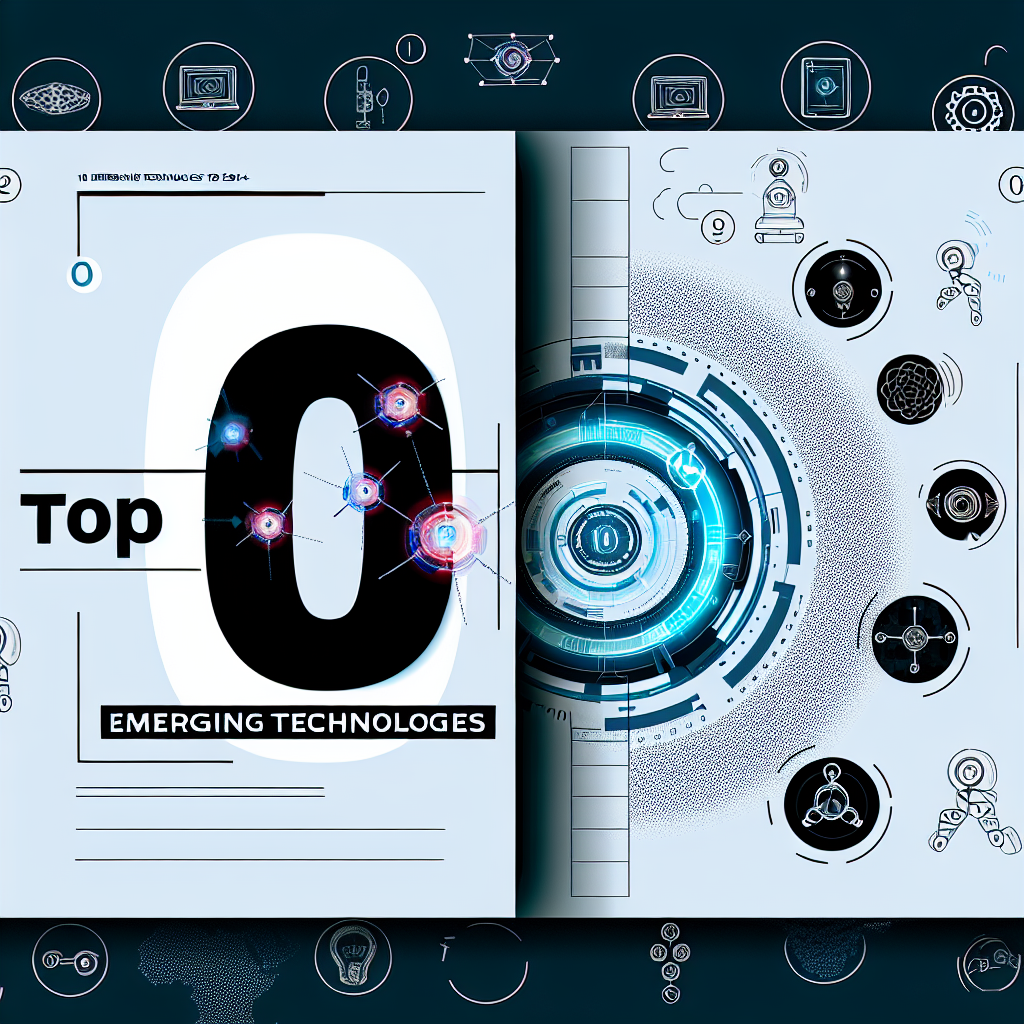# Top 5 Programming Languages for Beginners in 2024: Begin Your Coding Adventure
## Introduction
Welcome to the world of coding! It’s a magical place where people use codes to make amazing things happen. Learning to code is like getting a superpower. You can talk to computers, make boring tasks fun, and maybe even create the next cool app that everyone loves.
The first step in your coding adventure is picking the right programming language. This choice is very important—like choosing the right tool for a job. In this article, I’ll help you decide on the best programming language for beginners in 2024. And don’t worry, there’s no need to speak any funny languages here!
## Factors to Consider When Choosing a Programming Language
Before we jump into our list, let’s look at what you should think about when picking a programming language. Consider this your checklist:
1. **Ease of Learning:** How easy is it to learn the language? You want something simple to start with so you don’t get confused and overwhelmed.
2. **Community Support:** Does the language have a lot of people you can ask for help? A big community can provide resources, support, and maybe even some funny jokes.
3. **Versatility and Demand:** Can you use the language for different things like building apps or creating websites? Is there a demand for jobs in this language?
4. **Future Prospects:** Is the language becoming more popular? You want a language that will be useful in the future.
Now, let’s reveal the top 5 programming languages for beginners in 2024!
## The Top 5 Programming Languages for Beginners in 2024
### 1. Python
– **Overview:** Python is like the brainy friend everyone loves. It’s super easy to read and understand.
– **Applications:** Use Python for web development, data science, machine learning, and automation. It’s like having a pocketknife in your coding toolset.
– **Pros and Cons:**
– **Pros:** Huge supportive community, lots of libraries, beginner-friendly, and easy to read and write.
– **Cons:** It’s slower compared to some other languages.
### 2. JavaScript
– **Overview:** JavaScript is the language of the internet. It makes web pages interactive.
– **Applications:** You can build websites, mobile apps, and games with JavaScript.
– **Pros and Cons:**
– **Pros:** Very flexible, runs in web browsers, and has lots of frameworks.
– **Cons:** Can be tricky to fix mistakes because of its flexible nature.
### 3. Ruby
– **Overview:** Ruby makes coding feel nice and easy. Its syntax is simple and beginner-friendly.
– **Applications:** Ruby is known for building web apps, especially with Ruby on Rails.
– **Pros and Cons:**
– **Pros:** Easy to learn, supported by a friendly community, and great for fast development.
– **Cons:** Not as fast for big projects, and there are fewer job opportunities compared to Python or JavaScript.
### 4. Java
– **Overview:** Java is strong and reliable. It’s used everywhere in tech.
– **Applications:** You can create large applications, Android apps, and servers with Java.
– **Pros and Cons:**
– **Pros:** Works on lots of platforms, secure and dependable.
– **Cons:** It’s more complicated to learn and write.
### 5. Scratch
– **Overview:** Scratch is a colorful, fun way to get into coding. It’s perfect for kids and beginners.
– **Applications:** Mostly used for learning and creating simple games or projects.
– **Pros and Cons:**
– **Pros:** Interactive and great for visual learners.
– **Cons:** Not suitable for complex projects.
## Honorable Mentions
Here are a few more languages that are useful:
– **Kotlin:** Great for mobile app development.
– **Swift:** Used for making apps on Apple’s platform.
– **C#:** Good for making games and business applications.
– **HTML/CSS:** They are important for building websites.
## Tips for Learning Your First Programming Language
Here are some tips to help you along your coding path:
1. **Set Realistic Goals:** Start with small tasks before taking on big projects.
2. **Practice Consistently:** Practice makes perfect, just like any other skill.
3. **Join Coding Communities:** Meet others who are learning to code and share tips.
4. **Use Online Resources:** Websites and videos can teach you a lot.
5. **Celebrate Small Wins:** Every achievement, even small ones, are important.
Now you’re ready to start your coding adventure! Grab your keyboard and dive into the world of coding. There are endless possibilities waiting for you. Start creating awesome things today!



